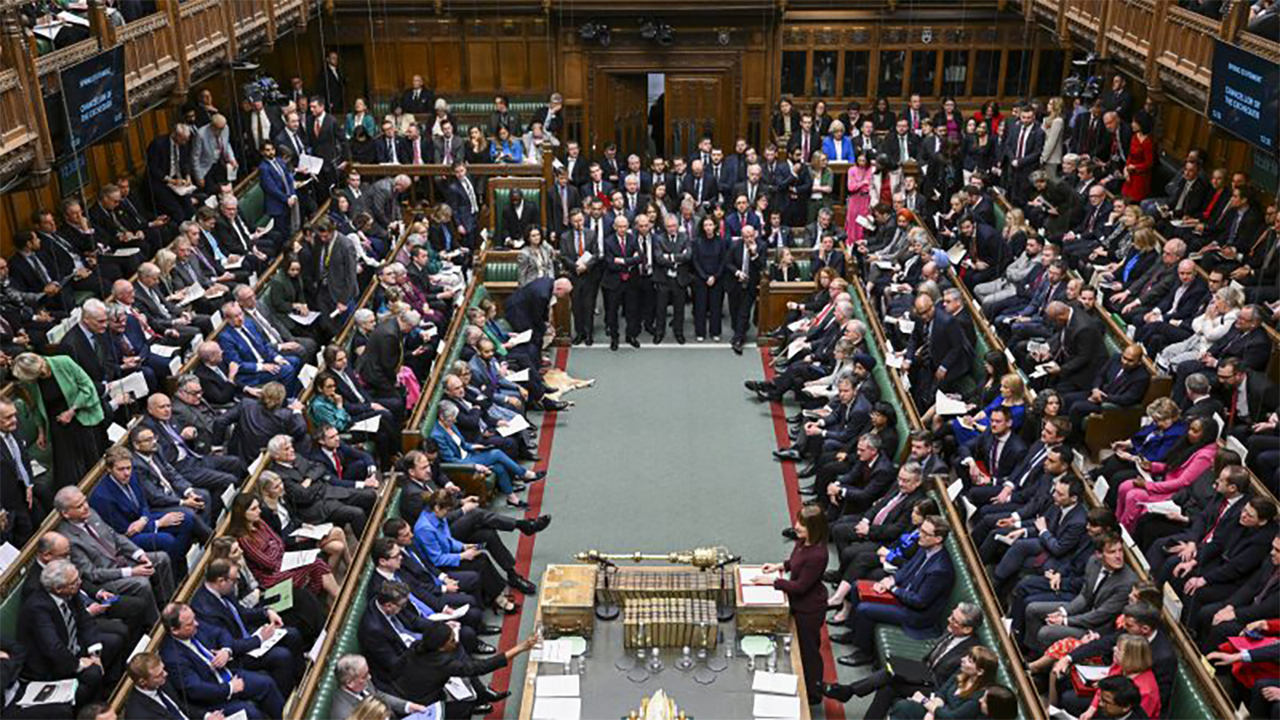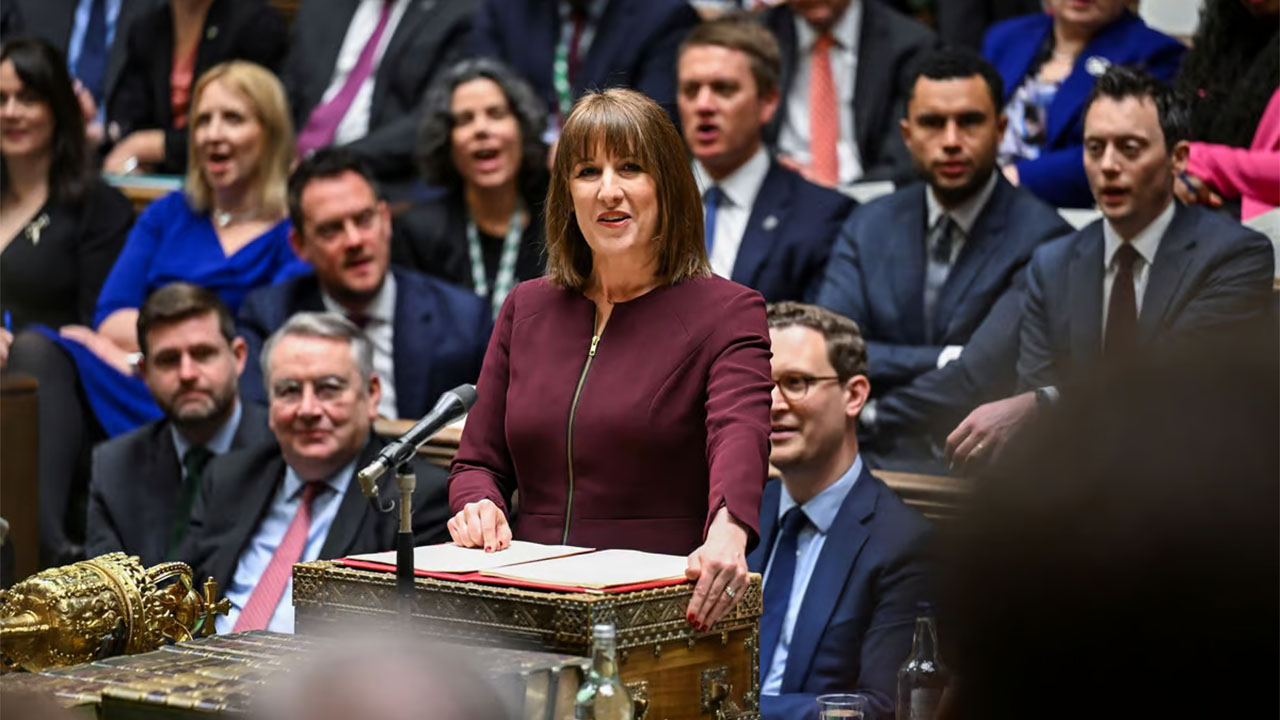Some Labour MPs were claiming ‘victory’ this week, as the government rowed back from its planned welfare reforms. It may feel like a ‘win’ to those rebel backbenchers who scuppered the Chancellor’s plans to shave off a miniscule amount from the out-of-control welfare bill – but it is an issue that will not go away anytime soon. At some point, Labour must tackle the ballooning benefits bill – or they will find themselves facing the wrath of an increasingly frustrated electorate who will not support higher taxes to keep people on the dole.
There are few issues that provoke more political debate – or more public confusion – than the cost of the UK’s welfare state. But the time for polite conversation has passed. The uncomfortable truth is this: the UK’s welfare bill is too high, growing faster than the economy, and increasingly unsustainable if we are serious about long-term growth, investment, and global competitiveness.
In the last decade, welfare spending has ballooned to over £250 billion a year – almost a quarter of total government expenditure. That’s more than we spend on education, policing, defence, or transport. And despite the repeated promises of “reform” from successive governments, the system continues to expand, often with little focus on outcomes, productivity, or value for money.
Let’s be clear: a strong welfare safety net is vital for any advanced economy. It protects the most vulnerable, helps people in times of transition, and should be a springboard to opportunity, not a permanent state of dependency. But somewhere along the way, the system lost its balance. Too many working-age adults are trapped outside the labour market. Millions of people are receiving sickness or disability-related benefits, even while employers in key industries struggle to fill vacancies. A quarter of working households now receive more in benefits and tax credits than they contribute in tax.
And let’s not forget the impact on business. The size and inefficiency of the welfare state are part of what drives up taxation on enterprise – squeezing SMEs, disincentivising investment, and reducing the rewards of hard work. At a time when the UK should be attracting global capital, encouraging entrepreneurship, and powering up productivity, we’re instead propping up an overly generous system that discourages work and stifles aspiration.
Downtown in Business works with entrepreneurs and employers across the country – from major city regions to smaller towns – and the message is the same everywhere: we need a shift in culture and policy. Welfare must become about work again. That means:
- A more rigorous approach to assessing fitness to work, with a focus on rehabilitation, not permanent exclusion from employment – including face-to-face interviews with claimants.
- Reforming Universal Credit to make work genuinely pay – and removing disincentives for people to move into full-time roles.
- A tougher stance on long-term unemployment, particularly for those who refuse to engage with training, upskilling, or job opportunities.
- Greater investment in early years and skills to reduce future demand on the welfare system.
- Additional investment and support for those with mental health challenges, the number of whom has rocketed since the pandemic.
Let me add some context to the conversation too. As a former Welfare Rights advisor, I am acutely aware that there are many individuals who genuinely need long-term support and a strong safety net to stop them falling into poverty. That they should continue to receive benefits at a decent level is not disputed.
However, by 2030 it is projected that the welfare costs in the UK will surge to £380bn if we simply continue to sign people off, write people off, and never help them into work again. That is not a Labour thing to do. It is not the right thing to do. We need to be giving people a hand up – not a hand out.
The welfare state was one of Britain’s proudest post-war achievements. But if we want to preserve it, we need to reform it. The current trajectory is not fair on taxpayers, it’s not effective for those in need, and it’s not helping to create the dynamic economy the country so desperately needs.
Now is the moment for courageous political leadership. Undoubtedly, the government badly botched its initial attempt to tackle this issue. However, they must convince their backbench MPs to confront the welfare dilemma head-on – not with timidity, but with serious, evidence-led radical reform.
If not now, when?














